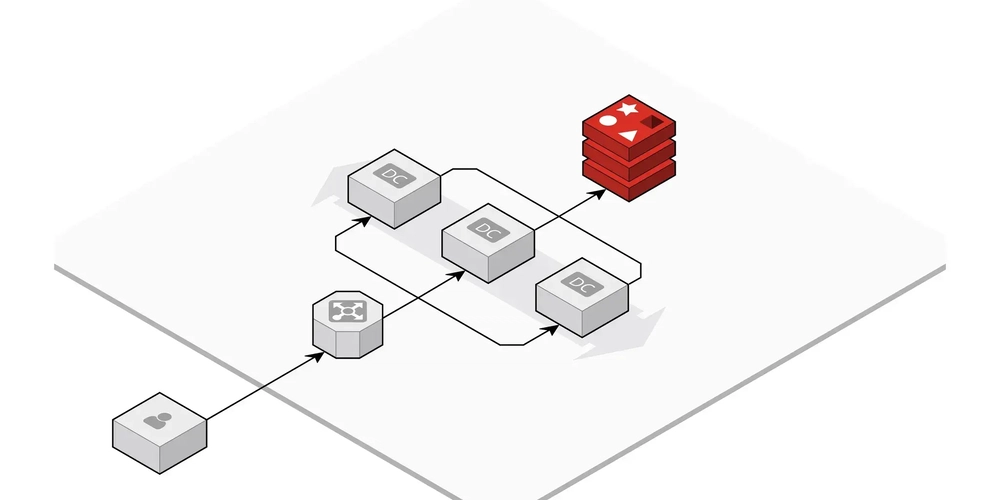Enums in Java
Enums in Java are a special type of class that represent a group of constants (unchangeable variables). They were introduced in Java 5 and provide a type-safe way to define a fixed set of constants. Basic Enum Syntax public enum Day { SUNDAY, MONDAY, TUESDAY, WEDNESDAY, THURSDAY, FRIDAY, SATURDAY } Key Features of Enums Type Safety: You can't assign any value other than those predefined enum values. Can Have Fields, Methods, and Constructors: public enum Planet { MERCURY(3.303e+23, 2.4397e6), VENUS(4.869e+24, 6.0518e6), EARTH(5.976e+24, 6.37814e6); private final double mass; // in kilograms private final double radius; // in meters Planet(double mass, double radius) { this.mass = mass; this.radius = radius; } public double surfaceGravity() { return 6.67300E-11 * mass / (radius * radius); } } Can Implement Interfaces: public interface Printable { void print(); } public enum Color implements Printable { RED { public void print() { System.out.println("Red color"); } }, GREEN { public void print() { System.out.println("Green color"); } }; } Can Be Used in Switch Statements: Day day = Day.MONDAY; switch(day) { case MONDAY: System.out.println("Start of work week"); break; case FRIDAY: System.out.println("End of work week"); break; } Common Methods values(): Returns an array of all enum constants valueOf(String name): Returns the enum constant with the specified name ordinal(): Returns the position of the enum constant in the declaration (starting from 0) name(): Returns the name of the enum constant as a string Example Usage java public class EnumExample { public static void main(String[] args) { // Accessing enum constants Day today = Day.WEDNESDAY; System.out.println("Today is " + today); // Using values() method for (Day day : Day.values()) { System.out.println(day); } // Using valueOf() Day day = Day.valueOf("FRIDAY"); System.out.println("Day is " + day); } } Enums are particularly useful when you have a variable that should only take one of a small set of possible values, making your code more readable and less error-prone.

Enums in Java are a special type of class that represent a group of constants (unchangeable variables). They were introduced in Java 5 and provide a type-safe way to define a fixed set of constants.
Basic Enum Syntax
public enum Day {
SUNDAY, MONDAY, TUESDAY, WEDNESDAY, THURSDAY, FRIDAY, SATURDAY
}
Key Features of Enums
Type Safety: You can't assign any value other than those predefined enum values.
Can Have Fields, Methods, and Constructors:
public enum Planet {
MERCURY(3.303e+23, 2.4397e6),
VENUS(4.869e+24, 6.0518e6),
EARTH(5.976e+24, 6.37814e6);
private final double mass; // in kilograms
private final double radius; // in meters
Planet(double mass, double radius) {
this.mass = mass;
this.radius = radius;
}
public double surfaceGravity() {
return 6.67300E-11 * mass / (radius * radius);
}
}
- Can Implement Interfaces:
public interface Printable {
void print();
}
public enum Color implements Printable {
RED {
public void print() {
System.out.println("Red color");
}
},
GREEN {
public void print() {
System.out.println("Green color");
}
};
}
- Can Be Used in Switch Statements:
Day day = Day.MONDAY;
switch(day) {
case MONDAY:
System.out.println("Start of work week");
break;
case FRIDAY:
System.out.println("End of work week");
break;
}
Common Methods
-
values(): Returns an array of all enum constants -
valueOf(String name): Returns the enum constant with the specified name -
ordinal(): Returns the position of the enum constant in the declaration (starting from 0) -
name(): Returns the name of the enum constant as a string
Example Usage
java
public class EnumExample {
public static void main(String[] args) {
// Accessing enum constants
Day today = Day.WEDNESDAY;
System.out.println("Today is " + today);
// Using values() method
for (Day day : Day.values()) {
System.out.println(day);
}
// Using valueOf()
Day day = Day.valueOf("FRIDAY");
System.out.println("Day is " + day);
}
}
Enums are particularly useful when you have a variable that should only take one of a small set of possible values, making your code more readable and less error-prone.









































































![Apple Shares 'Last Scene' Short Film Shot on iPhone 16 Pro [Video]](https://www.iclarified.com/images/news/97289/97289/97289-640.jpg)
![Apple M4 MacBook Air Hits New All-Time Low of $824 [Deal]](https://www.iclarified.com/images/news/97288/97288/97288-640.jpg)
![An Apple Product Renaissance Is on the Way [Gurman]](https://www.iclarified.com/images/news/97286/97286/97286-640.jpg)
![Apple to Sync Captive Wi-Fi Logins Across iPhone, iPad, and Mac [Report]](https://www.iclarified.com/images/news/97284/97284/97284-640.jpg)

![So your [expletive] test failed. So [obscene participle] what?](https://regmedia.co.uk/2016/08/18/shutterstock_mobile_surprise.jpg)










![[Fixed] Gemini 2.5 Flash missing file upload for free app users](https://i0.wp.com/9to5google.com/wp-content/uploads/sites/4/2025/03/google-gemini-workspace-1.jpg?resize=1200%2C628&quality=82&strip=all&ssl=1)


![As Galaxy Watch prepares a major change, which smartwatch design to you prefer? [Poll]](https://i0.wp.com/9to5google.com/wp-content/uploads/sites/4/2024/07/Galaxy-Watch-Ultra-and-Apple-Watch-Ultra-1.jpg?resize=1200%2C628&quality=82&strip=all&ssl=1)






























































































































































































































![[The AI Show Episode 146]: Rise of “AI-First” Companies, AI Job Disruption, GPT-4o Update Gets Rolled Back, How Big Consulting Firms Use AI, and Meta AI App](https://www.marketingaiinstitute.com/hubfs/ep%20146%20cover.png)


































































































































































![Ditching a Microsoft Job to Enter Startup Purgatory with Lonewolf Engineer Sam Crombie [Podcast #171]](https://cdn.hashnode.com/res/hashnode/image/upload/v1746753508177/0cd57f66-fdb0-4972-b285-1443a7db39fc.png?#)


![[DEALS] Internxt Cloud Storage Lifetime Subscription: 10TB Plan (88% off) & Other Deals Up To 98% Off – Offers End Soon!](https://www.javacodegeeks.com/wp-content/uploads/2012/12/jcg-logo.jpg)































































































